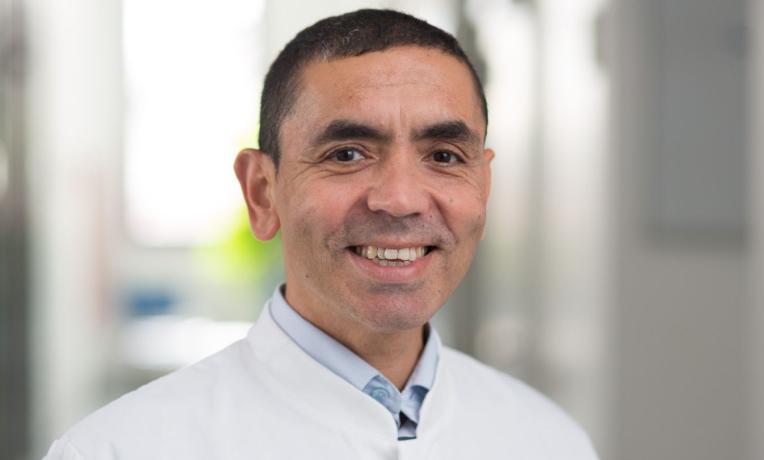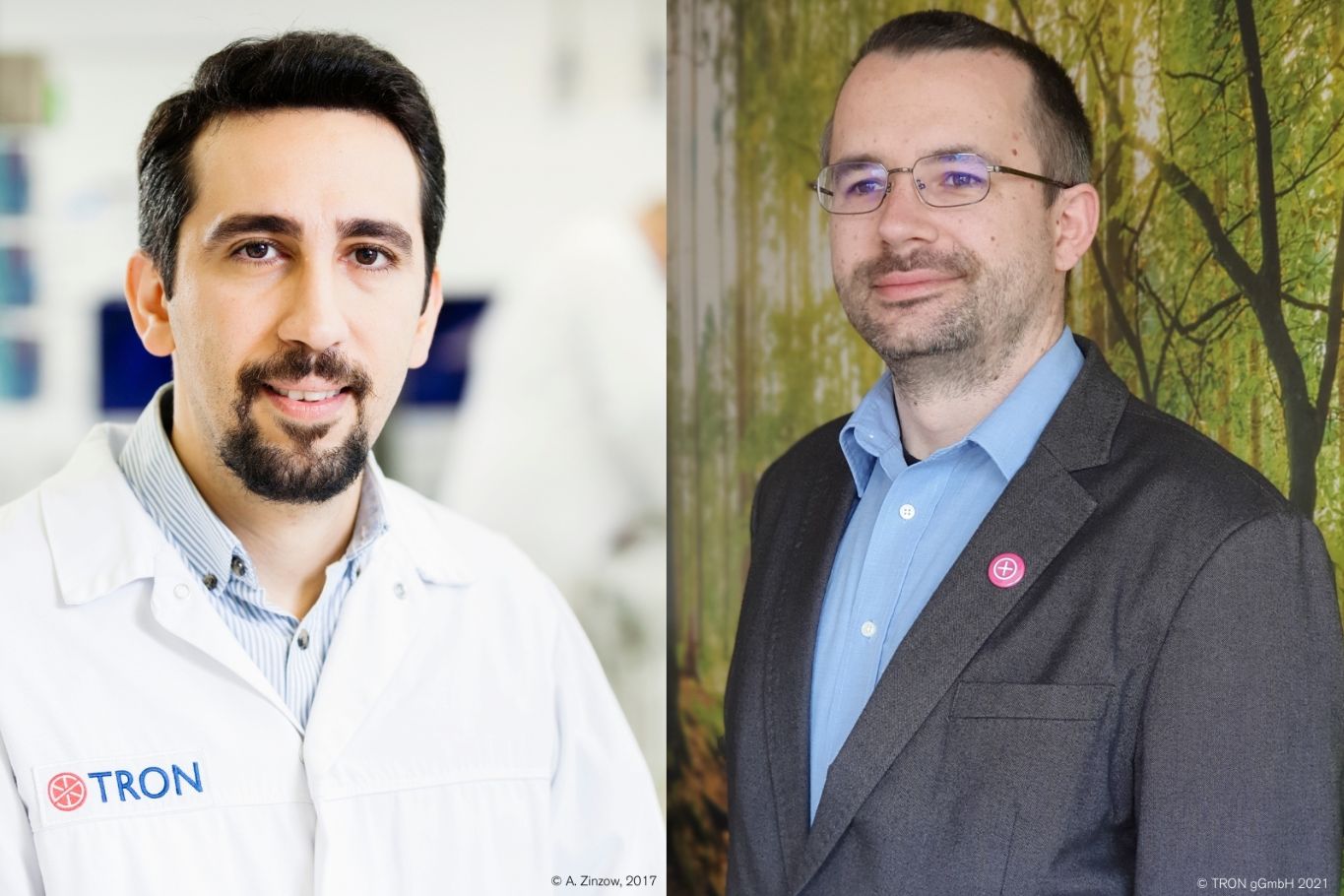Optimising the transformative potential of mRNA for human health

Cancer cells are genetically diverse and adaptable, which means that every cancer – down to the tumour cell – is different. This heterogeneity poses a significant challenge when it comes to developing effective treatment for individual patients.
Two decades ago, Uğur Şahin, an oncologist and immunologist at the University Medical Center of the Johannes Gutenberg University Mainz, Germany, asked a career-launching question: ‘Is it possible to develop treatments that are as unique as cancer patients are?’
In 2017, Şahin won an ERC grant to optimise the feasibility of novel messenger ribonucleic acid (mRNA) vaccines against cancer, using data-analysis technology to track tumours, tumour-cell resistance and predict mutations in cancer patients. RNA-based vaccines – which deliver genetic ‘instructions’ for making ‘enemy’ proteins to our cells, so that our bodies can launch an immune response – are central to a burgeoning approach to immunotherapy, with implications for developing personalised vaccines against cancer and other diseases (most recently, in response to the COVID-19 pandemic).
Solid foundations for groundbreaking science
Şahin has dedicated over 20 years to researching the molecular composition and manipulation of mRNA. By 2010, he had assembled a team to work on mRNA vaccines at Translational Oncology at the University Medical Center of Johannes Gutenberg University Mainz (TRON).
Şahin’s team is comprised of functional units, covering different domains, including immunology and bioinformatics, and methodologies such as cloning and microscopy. ‘This collaborative dynamic has allowed us to deepen our understanding of how mRNA works – from A to Z’, explains Mustafa Diken, Deputy Director of TRON’s Immunotherapy Development Center, and a key member of Şahin’s team.
With the ERC grant, Şahin has been able to step up the design, development and clinical testing of mRNA vaccines for cancer. ‘Under Şahin’s direction, this foundational mRNA knowledge is being optimised to fully exploit the full potential of such vaccinations’, says Diken.

Mustafa Diken, Martin Löwer
From curiosity to concrete results
Şahin and his team cannot understate the importance of freedom and curiosity in breeding new knowledge and ideas. ‘Groundbreaking science takes time, investment and cross fertilisation’, says Şahin.
‘You need partners who believe in your crazy ideas and support your research’, adds Martin Löwer, Deputy Director of the Biomarker Development Center at TRON and another principal figure within Şahin’s research team. As Löwer notes, 15 years ago mRNA would have been an unlikely contender for immunotherapy. ‘Through our decades-long work, including the ERC grant in the last couple of years, we paved the way for the acceptance of mRNA technology as a drug.’
With ERC support projected through to 2023, Şahin’s team continues, in collaboration with academic and industry partners, to push the clinical translation of their mRNA vaccine research. For Diken, ‘the know-how being generated by our project can be employed to design vaccines for specific patients.’ Within this framework, Löwer adds: ‘This opens up the ability to treat more cancer patients.’
Among other things, the ERC grant enabled Şahin’s team to develop an open-source AI software with an algorithm that tracks and predicts tumour mutations and new antigens. The software is now being used by other research teams to sequence, track and, possibly, predict new variants of COVID-19.
‘It’s a great side-effect, which we couldn’t have predicted when we started’, says Löwer, adding that project learnings could be very beneficial in tackling the COVID-19 virus mutations and the development of the next generation of vaccines.
Opening new avenues through frontier research
The events of 2020 demonstrated how the freedom offered to scientists through frontier research can open entirely unanticipated avenues of exploration. Looking at his body of research in the wake of a global pandemic, Şahin was strategically placed to redirect his expertise towards the rapid design and development of the BioNTech/Pfizer mRNA vaccine against COVID-19.
The remarkable speed at which this COVID-19 vaccine was developed was made possible thanks, in part, to Şahin’s decades of research into the effectiveness of mRNA within the field of immunology. For Şahin, this was an unexpected outcome of his work. ‘We started to make a vaccine for the individual,’ he comments. ‘But ended up making one for mankind’.
Interview with Mustafa Diken
About the researcher
Uğur Şahin is a professor of experimental oncology at the University Medical Center of the Johannes Gutenberg University Mainz, CEO of the company BioNTech, and Executive Scientific Advisor at the independent, non-profit company, TRON. His research has been supported by various parts of the EU Framework Programmes for Research and Innovation, including an Advanced Grant from the ERC in 2017. He also received financing from the European Investment Bank in 2020 in relation to BioNTech’s COVID-19 vaccine trials.


